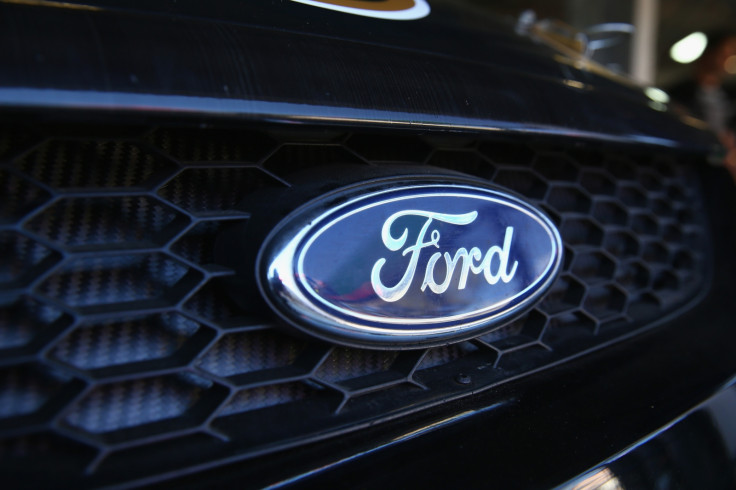Ford is investing $1 billion in self-driving tech startup Argo AI
'We believe the next decade will be defined by the automation of the automobile,' Ford CEO Mark Fields said.
Ford is investing $1bn (£801m) over the next five years in tech startup Argo AI to help the Detroit company achieve its goal to deliver a fully autonomous vehicle by 2021, the companies announced on Friday. Pittsburgh-based Argo AI was founded last year by Bryan Salesky and Peter Rander who previously worked at Google and Uber respectively on the companies' self-driving vehicle initiatives.
"We've made significant progress and are on track to achieve our goal," Ford president and CEO Mark Fields wrote in a Medium post. "At the same time, we know rapidly evolving technologies and fierce competition require us to remain flexible and open to new ways of strengthening our team."
In August last year, Ford announced plans to sell fully autonomous self-driving cars, without steering wheels, for urban ride-sharing fleets by 2021.
Fields said Argo AI, which specializes in robotics and artificial intelligence, will help Ford develop its "virtual driver system," described as the "brains" of its self-driving fleet. For the next five years, the startup will focus exclusively on Ford vehicles, but could license its driverless technology to other automakers eventually, he said.
Ford will become the majority stakeholder in Argo AI with the billion dollar investment.
"They have the opportunity to run it pretty independently with a board, but because it is a separate company or subsidiary, it has the opportunity to go out and recruit with competitive compensation packages and equity," Fields said at a press conference, Reuters reports. "With Argo AI's agility and Ford's scale we're combining the benefits of a technology start up with the experience and discipline we have at Ford."

Based in Pittsburgh, Pennsylvania, Argo AI was founded in late 2016 to "develop and deploy the latest advances in artificial intelligence, machine learning and computer vision" to help build safe and efficient self-driving software to guide autonomous vehicles. The company is looking to recruit 200 employees by the end of the year for its engineering hubs in southeastern Michigan and the Bay Area, executives said.
"We are at an inflection point in using artificial intelligence in a wide range of applications, and the successful deployment of self-driving cars will fundamentally change how people and goods move," Salesky said. "We are energized by Ford's commitment and vision for the future of mobility, and we believe this partnership will enable self-driving cars to be commercialized and deployed at scale to extend affordable mobility to all."
The announcement comes as the race to develop autonomous technology among auto companies and tech firms such as Alphabet, Uber and Tesla, continues to heat up.
Last year rival General Motors shelled out $1bn to acquire self-driving startup Cruise Automation and invested $500m in Lyft. Meanwhile, Uber is testing out its self-driving software in a $300m partnership with Volvo that was announced in August 2016. Fiat Chrysler is working with Alphabet's Waymo to build self-driving Pacifica minivans.
"We believe the next decade will be defined by the automation of the automobile, and that autonomous vehicles will have as significant an impact on society as Ford's moving assembly line did 100 years ago," Fields said.
"As Ford expands to be an auto and a mobility company, we believe that investing in Argo AI will create significant value for our shareholders by strengthening Ford's leadership in bringing self-driving vehicles to market in the near term and by creating technology that could be licensed to others in the future."
© Copyright IBTimes 2025. All rights reserved.





















